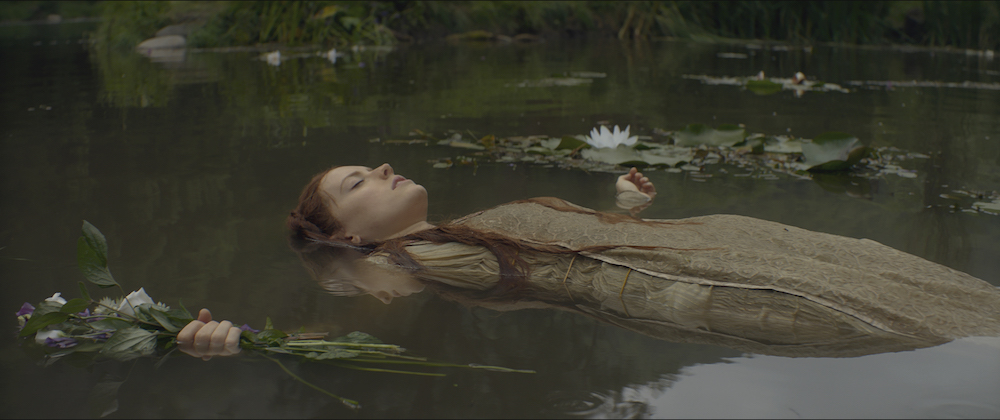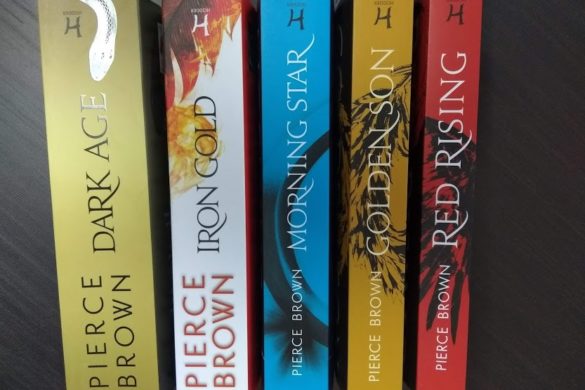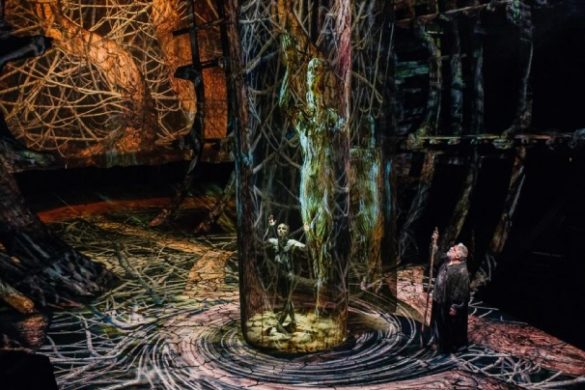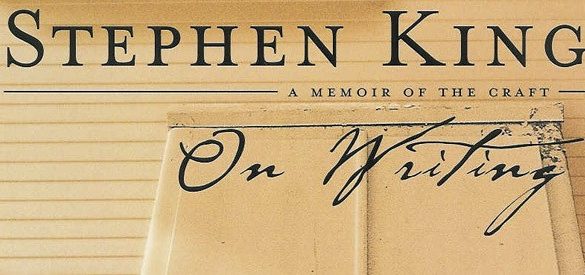The publishers of the first complete works of Shakespeare claimed that theirs was the definite and final edition, absolutely true to the original, in contrast to the previous books that contained errors, were “maimed and abused”. They would turn in their graves if they knew how changed, shortened and adapted Shakespeare’s texts appear nowadays in multiple productions around the world. But I don’t think it to be a crime, on the contrary, all interpretations add to the longevity of the stories.
There have been countless adaptations of Hamlet. This story has been told and retold in multiple forms. As a rule, its adaptations are well-received, and the text is looked upon as a link between the traditions of the past and the novelties of the present. I’d like to tell you about two peculiar versions — the films “Rosencrantz and Guildenstern Are Dead” and “Ophelia”.

“Rosencrantz and Guildenstern Are Dead” was originally a play written by Tom Stoppard in the 1960s. It was the time when theatre was dominated by arty absurdism, so a modernistic look at a classical text fell on fertile ground. It relates the events in Hamlet from the point of view of its secondary characters, Rosencrantz and Guildenstern. In the play, however – and later in the film – they take centre stage, whereas the main Shakespearean events provide the backdrop. The stand-out element is the seemingly absurd dialogues between Rosencrantz and Guildenstern who don’t even know which of them is Rosencrantz and which is Guildenstern. They seek to understand their part in the unfolding events by having intermittent conversations about the nature of existence, destiny and death. These exchanges might have been conceived as funny, and on stage they potentially could be, but in the film they are often tedious. Although this production is not to my liking, I don’t think it has done damage to Shakespeare’s text. It has certainly made the audience see previously unnoticed layers within the story, and inspired other artists to create their versions of the play. One such writer is Lisa Klein, who conjured up an alternative story of Ophelia.
In her book, which has been made into a film, we see the events through Ophelia’s eyes. In contrast to “Rosencrantz and Guildenstern Are Dead”, where the original plot was preserved, Ophelia’s story is quite changed. While Tom Stoppard was addressing the audience of the 60s, Lisa Klein speaks to the Millenials, to women in particular who are still struggling for an equal place in business, art and science alongside men. Her Ophelia is not an over-sentimental damsel, who became the victim of the circumstances, but an assertive woman capable of choosing her own destiny. This Ophelia does and is meant to resonate with modern independent women. Again, I don’t see this version to be an insult to the original Hamlet. On the contrary, it’s one more proof of the complexity of Shakespeare’s text, its agility and ability to transcend time.

- Неожиданное значение Present Perfect! - 17.01.2023
- moxie/pizazz/shenanigans – Oliver speaks (Only Murders in the building) - 17.01.2023
- In Passing/Pass/Pass by - 08.01.2023










